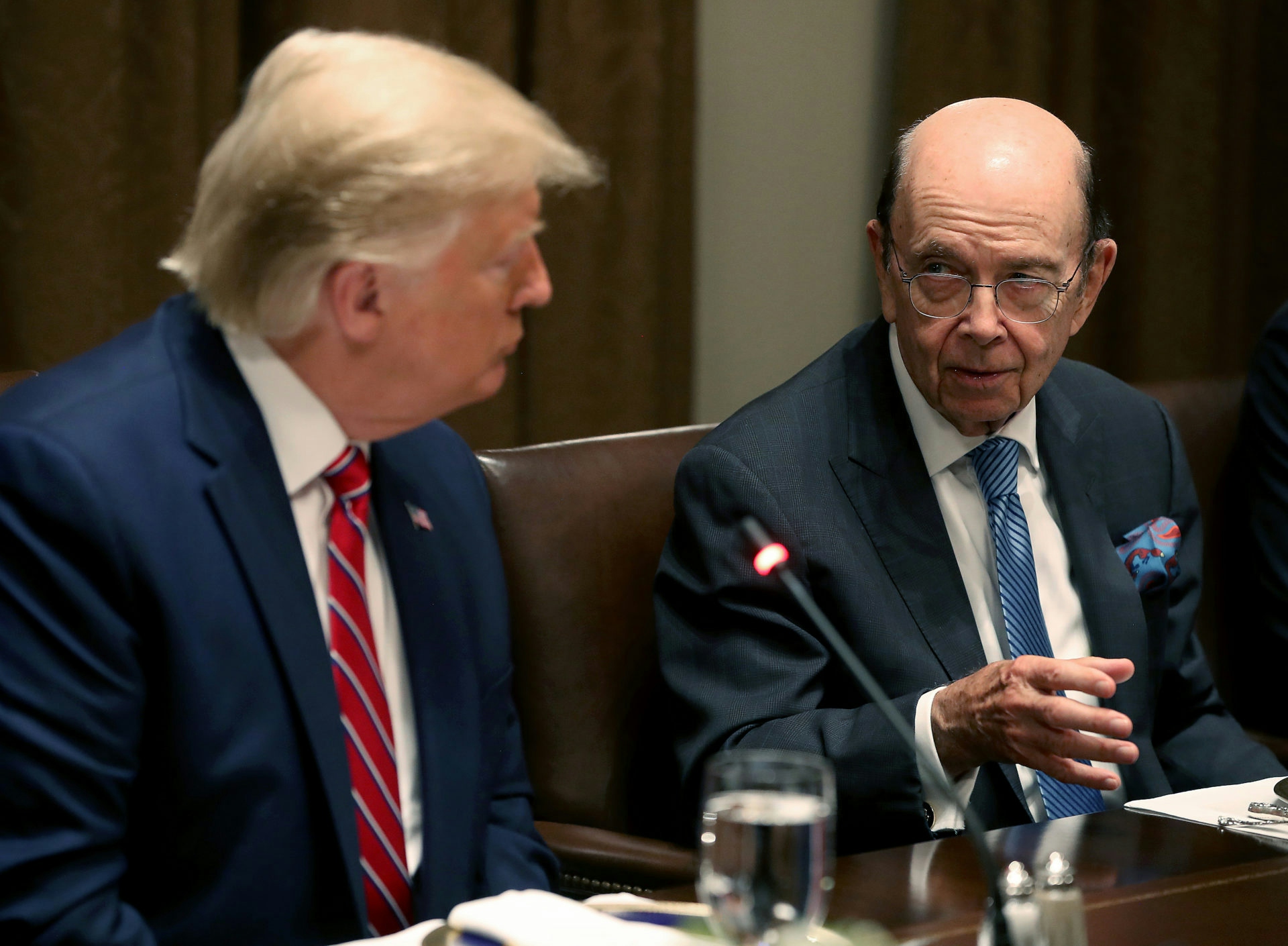NTIA Spectrum Review Request Signals ‘Substantial’ Delay in Part of 5G Strategy

A key part of the plan for the United States to compete in the global race to 5G has been delayed, and the National Telecommunications and Information Administration’s requests for agencies to review their spectrum needs indicate that it might be a while until the agency delivers its report.
The agency, which manages the government’s use of spectrum and was due to deliver a national strategy to the president last month, sent a letter Thursday to federal agencies requiring them to review their use of two spectrum bands and provide the information to the agency over the next six to nine months.
The letter was delivered 10 days after the agency missed a deadline set by President Donald Trump in an Oct. 25 memorandum. The memorandum directed Commerce Secretary Wilbur Ross to work through the NTIA to submit a national spectrum strategy within 270 days, which would put the deadline at July 22.
Lawrence Strickling, the former NTIA administrator during the Obama administration, said in an email that the timing of the request indicates that the agency “appears to be substantially behind the deadlines set less than a year ago” as the directive called for agencies to review their spectrum needs within 180 days of the memo.
The National Spectrum Strategy will require agencies to coordinate multiple bands of spectrum in addition to the 3100-3550 MHz and 7125-8400 MHz bands currently under review.
In an earlier phone interview, Strickling cited the May resignation of NTIA administrator David Redl as a possible cause of the delay.
The request for a long-term strategy for allocating spectrum, the invisible radio frequencies over which wireless signals travel, comes at a time when experts say the need for spectrum is at an all-time high.
The use of mobile data has grown by 40 times since 2010, according to the wireless industry trade association CTIA.
At the same time, new and developing technologies such as commercial drones, autonomous vehicles, precision agriculture and telemedicine are also squeezing the demands on spectrum for both the public and private sectors as wireless technologies evolve from the fourth generation to the fifth.
“A lot of spectrum policy has been definitely slow to adapt to these new demands,” said Elsa Kania, an adjunct senior fellow with the Center for a New American Security’s technology and national security program.
The Department of Commerce and the NTIA, when asked for comment on the pending strategy, declined to say when it would be delivered to the president or released publicly.
Rep. Frank Pallone Jr. (D-N.J.) identified lack of coordination as a problem at a hearing on spectrum policy in mid-July.
“I’m concerned that too few people in our government understand that our agencies’ spectrum needs must be coordinated,” Pallone said. “The government must speak with one voice.”
Historically, government agencies cleared use in a band of spectrum before the Federal Communications Commission auctioned off that band to private enterprise. But with increased demands on spectrum, the old clearing-and-auctioning model is no longer viable, said Strickling, who helped implement the shift toward spectrum sharing.
In July, the NTIA completed tests in the sub-6 spectrum band, 3.5 GHz, that allows spectrum to be shared between commercial and military uses, but the results will need to be certified by the FCC before sharing in the band can occur.
Sharing bands among the public and private sectors is “the only solution for continuing to meet the growing needs of government and industry for additional spectrum,” Strickling said.
Dwight A. Weingarten previously worked at Morning Consult as an editorial intern covering politics, policy and elections.